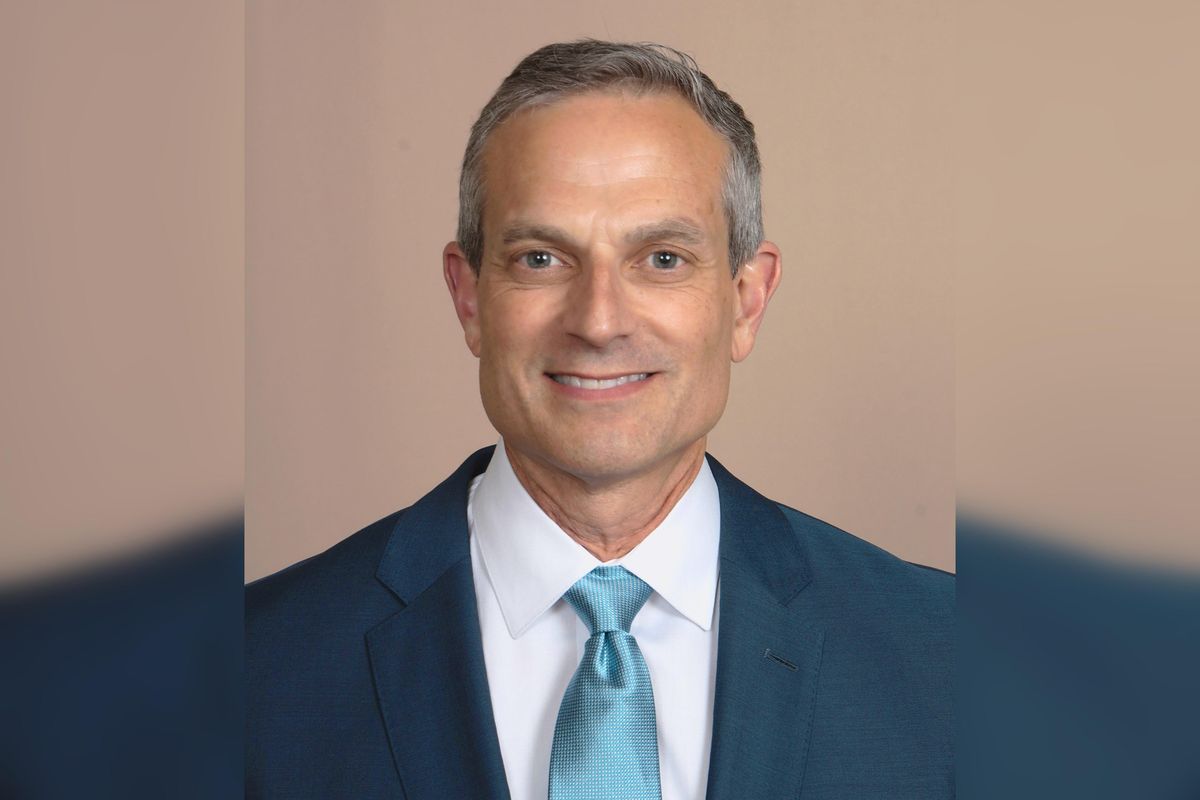Overheard: Houston Innovation Awards finalists share top advice for fellow founders
Take note
The startup journey is a long and winding road, and there's many ways to navigate it. Fifteen of this year's finalists have shared what their most valuable startup advice for their fellow Houston founders.
From the importance of mentorship to tips for female and BIPOC founders, these pearls of wisdom come directly from a selection of finalists across a handful of categories, including DEI Champion, BIPOC-Owned Business, Female-Owned Business, and Mentor of the Year.
Read these excerpts of advice from Houston's innovation community's top startup founders and supporters.
Click here to secure your tickets to the November 8 event where we'll name the 2023 Houston Innovation Awards winners.
"Be comfortable with asking for and accepting help. This journey is a marathon, not a sprint, but helping yourself with supportive people around is critical." — Cameron Carter of Rosarium Health, a BIPOC-Owned Business finalist
"Underrepresented founders often have trouble asking for what they want or deserve. ... Don't be scared to ask for what you want, or what you believe you deserve." — Pedro Silva of Milkify, a BIPOC-Owned Business finalist
"It's not 'fake it' until you make it. It's 'take it' until you make it. Be proud to be you." — Pamela Singh of CaseCTRL, a BIPOC-Owned Business finalist
"When starting a company, remember it’s a game of attrition. The best way to last longer than your nearest neighbor is to find your tribe." — Aaron Fitzgerald of Mars Materials, a BIPOC-Owned Business finalist
"Know your worth and add tax. Choose your partners wisely — at home and work. Invest in the best stock you own: YOU." — Katie Mehnert of ALLY Energy, a Female-Owned Business finalist
"Whatever battle you're fighting now that no one knows about — go ahead and WIN the war." — Shoshi Kaganovsky of Feelit Technologies, a Female-Owned Business finalist
"My advice would be to find truly effective mentors who are willing to open up their network for you. It doesn't matter if the mentors are men or women — what matters is that they genuinely care about your professional success and who you are as a person." — Tatiana Fofanova of Koda Healthcare, a Female-Owned Business finalist
"Remember...There are a BILLION ways to apply sunscreen, but no matter how you apply it, it ALL protects you from the sun. Like sunscreen, there are infinite ways to succeed in the startup world. Trust your gut, stick to your vision, and keep trying until you find what works for you. ... Your purpose and vision should be your North Star, guiding decisions in team-building, coaching, and creating a company culture. Stick to that purpose—it's what will drive you through the rollercoaster of entrepreneurship." — Emily Cisek of The Postage, a Female-Owned Business finalist
"First and foremost, embrace your uniqueness. As a woman of color, you bring a distinctive perspective to the table. Your background is not just a part of who you are; it's a strength that sets you apart in a male-dominated industry. ... Resilience is your greatest ally. Challenges will arise, and it's okay to acknowledge them. What matters most is how you respond. Each obstacle is an opportunity for growth and learning. ... Lastly, trust yourself. You are not just running a business; you are shaping a narrative of empowerment and change." — Ghazal Qureshi of UpBrainery Technologies, a Female-Owned Business finalist
"Figure out, learn, and understand your mission inside and out and use it to make all your major business (and sometimes personal) decisions." — LaGina R Harris, founder and CEO of The Us Space and Mentor of the Year finalist
"Know your value and continue advocating for inclusion." — Janice Tran of Kanin Energy, a BIPOC-Owned Business finalist
"Be your true, authentic self. There are going to be some people that like what you are doing, and there's going to be some people that don't, but the biggest thing is being true to who you are, and that's always going to flourish more than being who someone else wants you to be." — Muriel Foster, director of gBETA Houston and Mentor of the Year finalist
"Until you hire someone, you are the one wearing the product manager hat. You've got to love the problem more than the solution." — Wade Pinder, founder of Product Houston and Mentor of the Year finalist
"Be the person your younger self needed. Representation really does matter. Be a listening ear, share your lessons, and allow people to blossom under your leadership." — Michelle Ngome, founder and president of the African American Marketing Association and DEI Champion finalist
"Embrace your unique perspective as a source of strength and innovation. ... In Houston's dynamic startup scene, your presence and contributions as a traditionally marginalized founder or investor are essential for driving innovation and diversity. By staying resilient, seeking support, and advocating for inclusivity, you can navigate the entrepreneurial journey and make a lasting impact on both your business and the broader community." — Jessica Adebiyi, diversity and professional development director at Womble Bond Dickinson and DEI Champion finalist




 Janice Tran is the CEO and co-founder of Kanin Energy. Photo via LinkedIn
Janice Tran is the CEO and co-founder of Kanin Energy. Photo via LinkedIn Apple doubles down on Houston with new production facility, training center Photo courtesy Apple.
Apple doubles down on Houston with new production facility, training center Photo courtesy Apple.